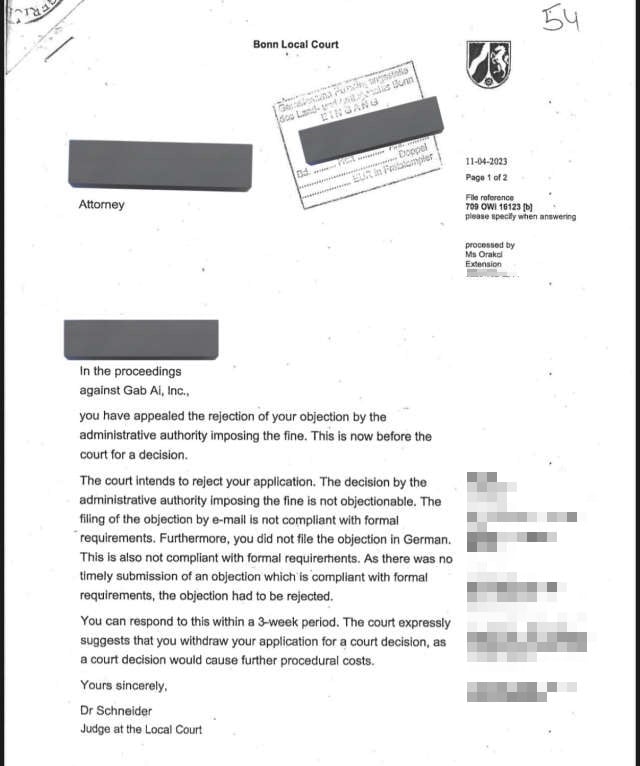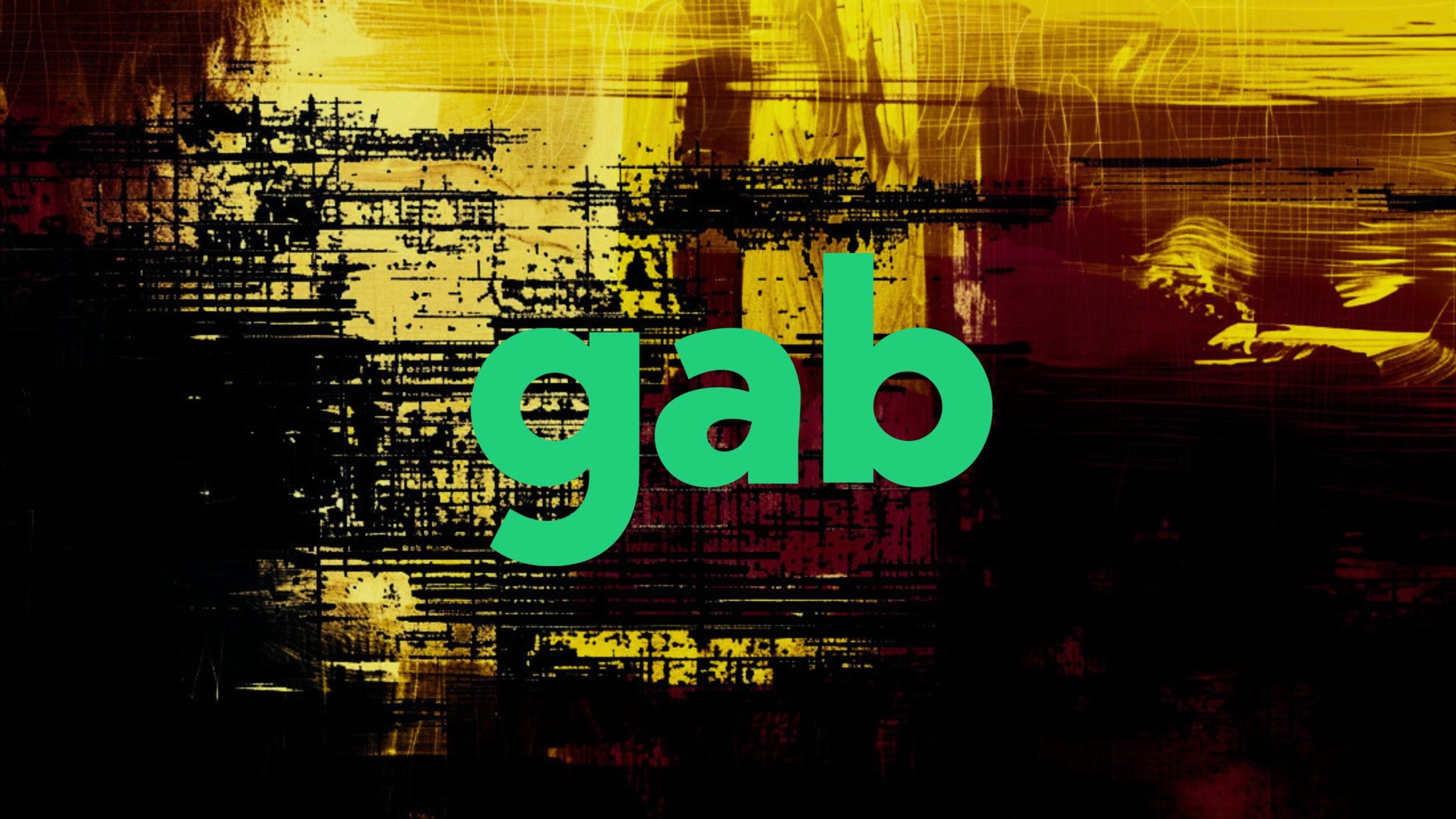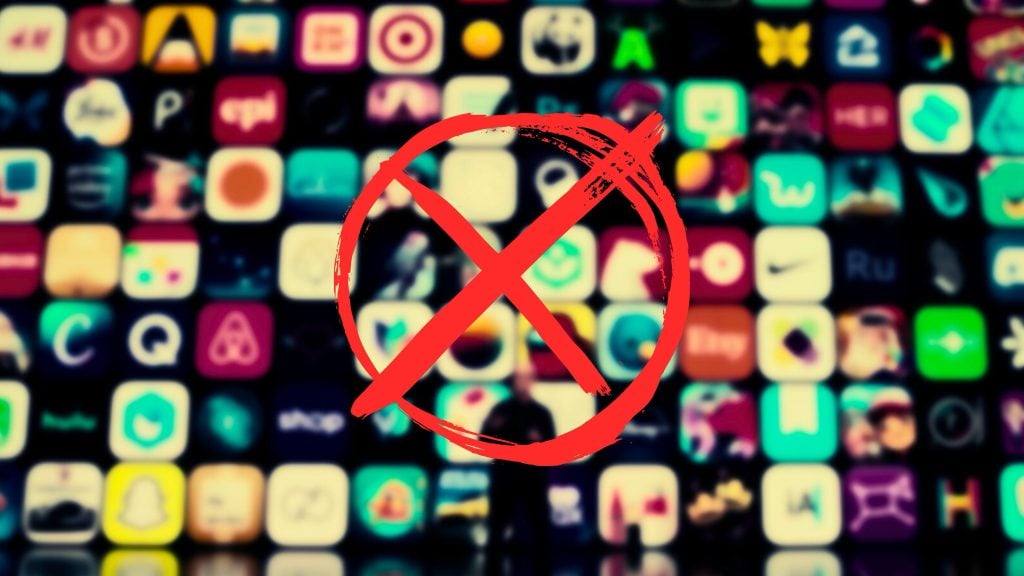Free speech social network Gab continues to be under fire in Germany, as the government there is pressing for legal proceedings against the US company refusing to comply with censorship demands – i.e., pay fines, which has prompted German authorities to now go to court.
In an email, Gab.com CEO Andrew Torba announced this, and at the same time accused the Biden-Harris administration of being “complicit in this attack on our rights.”
Torba’s take on the situation is that an American company is coming under “an unprecedented attack” regarding the right to freedom of speech, as guaranteed by the US. And – only to find that the US government, specifically the current Department of Justice (DOJ), is consistently ignoring these developments, and Gab’s requests for assistance.

On October 25, Gab received an email from the DOJ that said this department was “simply” forwarding (German) documents and was “not otherwise involved (or) taking a position on the proceedings in Germany.”
“You should review these documents carefully for instructions and deadlines,” the DOJ email said, thus washing its hands of the matter, instructing Gab to contact the German court or consulate directly, “if you have any questions.”
But if not for Gab, another kind of “assistance” seems more likely to succeed: namely, the controversy includes Germany turning to the Mutual Legal Assistance Treaty (MLAT) to make sure US companies comply with its censorship rules and demands.
Gab, on the other hand, chose to adhere to the rules of its domicile, above all the First Amendment free speech protections, and Torba frames the situation in interesting terms: “European censorship codes are the very reason the First Amendment exists.”
This succinctly exposes the vastly different approaches to speech that exist in Europe, where speech is criminalized, and the US, which has long since taken a very different route.
As to how all this refers to and affects Gab, Torba quotes his legal team’s response to a letter where the German authorities seek to use the principle of nation-state exception – one that, Gab’s lawyers say, does not apply under the US Constitution.
The response further states that the platform is a lawful business that in fact has no presence outside the US, and can therefore not have communications happening on it interfered with or restricted, as per the guarantees offered by the country’s Constitution (First Amendment).
And should Germany decide to pursue the legal case, Gab is “prepared to vindicate its rights in a US court if it comes to that,” the letter said.










